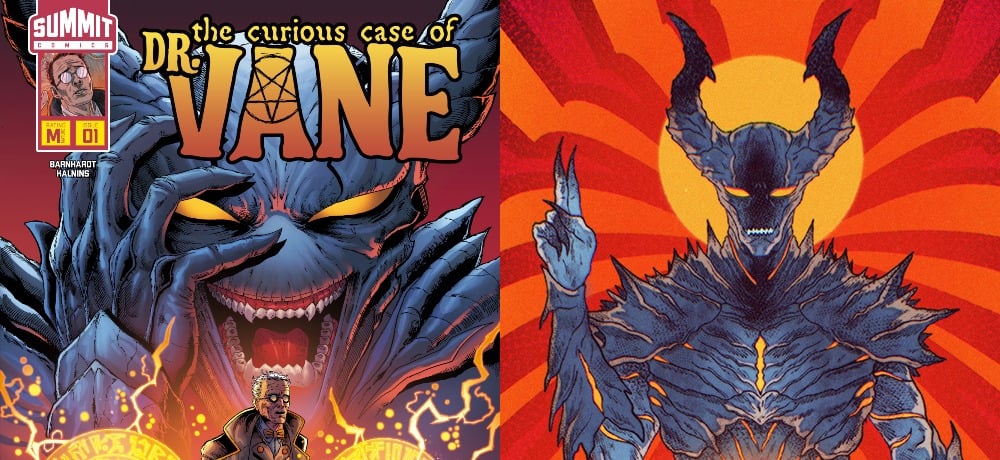





Set in Tehran during the Iran-Iraq conflict of the 1980s, Under the Shadow is a fiercely compelling tale of a mother who will stop at nothing to keep her daughter safe against forces even more deadly than any war could ever unleash. Up-and-coming director Babak Anvari confidently tackles the horrors of parental turmoil (as well as examining the suppression of women in the Middle East) all while crafting a flawlessly haunting portrait of supernatural terror.
Under the Shadow follows Shideh (Narges Rashidi), a young woman who wants nothing more than to continue her studies as a doctor. Her aspirations have been sidelined, though, with the university refusing to reinstate her as a student due to her involvement with politically-charged activities some years back. With a building resentment for the institutions that keep her shackled to her home life, Shideh begins to resent her own husband, Iraj (Bobby Naderi), a successful doctor who thinks his wife needs to spend more time focusing on their daughter, Dorsa (Avin Manshadi), than on completing her education.
But once Iraj is forced to leave in order to serve his mandatory stint in the war, Shideh is left alone to care for their young daughter, which becomes a Herculean task after an evil force takes control of Dorsa and puts Shideh’s own maternal loyalties to the ultimate test.
Under the Shadow works incredibly well on various levels. On the surface, the film explores the mythology of the Jinn—malevolent Middle Eastern spirits that travel on the wind and possess those who fall prey to their trappings—with a heightened sense of panic and terror coursing through its veins. At its core though, Under the Shadow becomes the perfect allegory for the pressures of society that all women, regardless of where they live, face each and every day.
While a Jinn showing up on her doorstep is certainly a horrific event in itself, it’s Shideh’s own sense of failures in various aspects of her life that continuously haunt her during the film. We see how Shideh’s frustrations over her inability to complete medical school are connected to her mother’s recent demise and how it exacerbates her simmering contempt for her family as well. These stresses take their toll on Shideh’s psyche, especially once her husband leaves and the Jinn begins to take over the adorable Dorsa, and that’s when Under the Shadow transforms into an emotionally-charged descent into maddening horror, anchored by exemplary performances from both Rashidi and Manshadi.
An exemplary character-driven exercise in unrelenting fear and paranoia, Anvari’s ability to subtly interweave supernatural elements into Under the Shadow (a story that’s already brimming with an oppressive feeling of anxiety due to the wartime setting) demonstrates an incredible amount of assurance on the part of the first-time feature filmmaker. He makes some not-so-obvious touches as a storyteller with Under the Shadow and those unexpected beats make for a deeply emotional and harrowing journey for not only Shideh and Dorsa, but for viewers as well.
Movie Score: 5/5